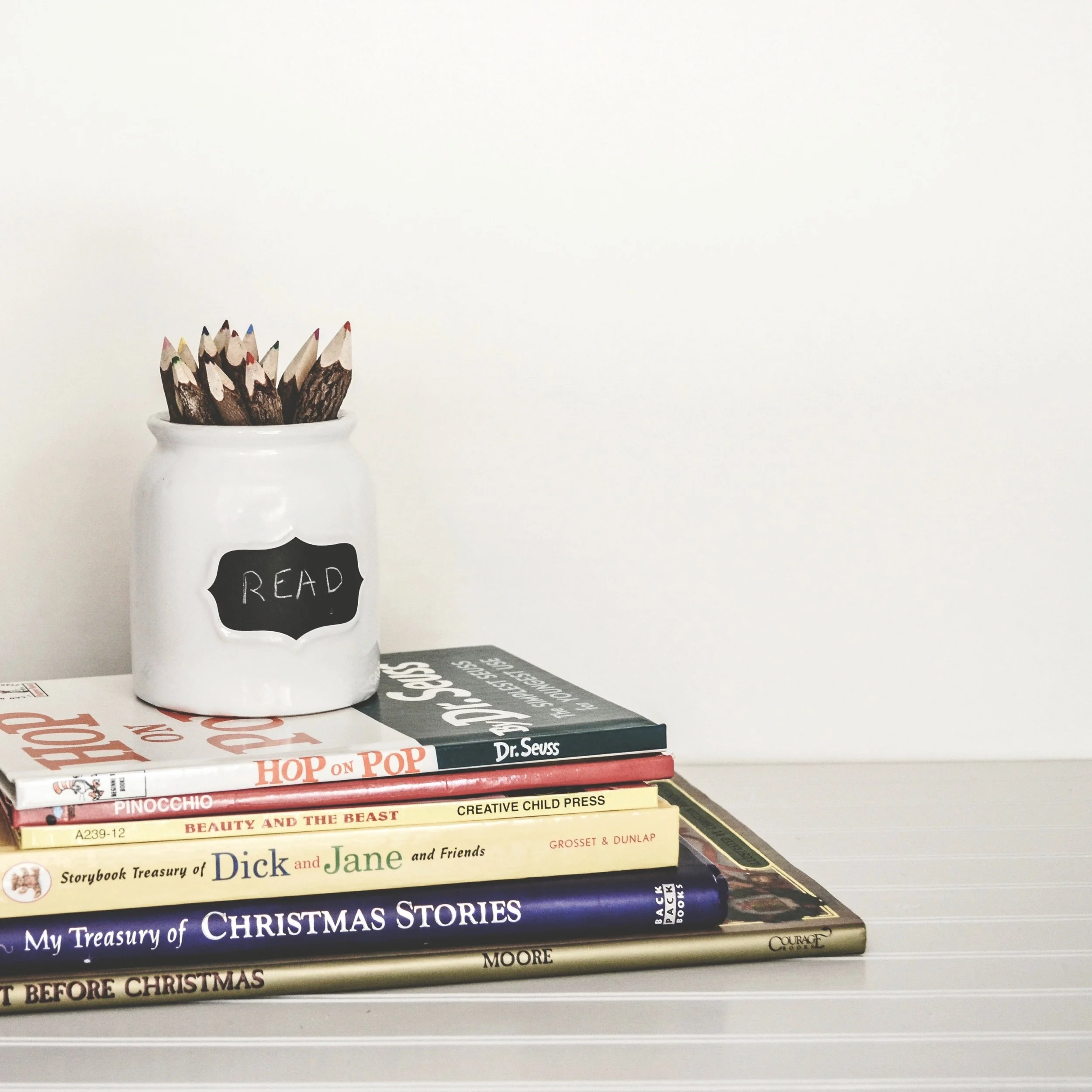Savor
I want to be where my feet are.
– Andrew Peterson & Leslie Jordan,
The Porter’s Gate, “Centering Prayer”
Around the time of my diagnosis, our oldest was learning Bach’s Cello Suite No. 1 in G Major. Whenever she played, I would stop whatever I was doing and listen, imagining the notes seeping through the walls of our house like a living thing, filling the spaces with all the things I wanted to say but couldn’t. I would try to recreate this moment later, listening to the same piece online, but no one, not even Yo-Yo Ma, played it the way she did: slowly, without polish, each note feeling its way hesitantly to the next, yet the whole piece flowing together in one seamless breath. A breath that became a voice, speaking what was real.
How often do we glance past what is real? I can listen online to Yo-Yo Ma playing Bach whenever I want: his is a work of technical perfection, visually staged and acoustically edited, available on demand. But my daughter playing Bach only happens in that moment. It is singular and dynamic, a product of her particular stage of learning, of her mood that day, of the point where her fingers happen to meet the strings, of the particular angle and pressure of her bow as it draws out sound from an instrument which carries its own history. My sister used to play the same cello, and it has since become deformed just enough that it has to be handled a certain way. Which sound is more real, the one from the speakers or the one from warped wood?
I read in a novel once (I never could recall which) about a man who, having just received a terminal diagnosis, pauses before opening the door to his house and looks up. He stares at the clouds and thinks, every single day, the clouds are different: why have I never noticed them before? Tangible reality is all around us, but we live somewhere else. We live in the world on our screens. We live in the future or the past. But there is something about receiving a life-altering diagnosis that reorders your attention, that leaves you at times unable to be anywhere but here, in your body, your body which can be nowhere but the present.
So I am starting to notice that present, maybe more than I did before. I’m savoring, which is to say that I’m allowing my attention to linger on the marks of the moment: the trees and clouds, a flavor or a feeling, an expression or opportunity. I’m trying to not be so quick to move on, to not race with such blinkered single-mindedness towards whatever goal I may be fixated on. This is the beginning of gratitude, for how can we be grateful for what we cannot see? How often have my thanks been about myself, rather than about what is? Wiman writes of the kind of consciousness which plagued him in the weeks after his diagnosis: “It was the world burning to be itself beyond my ruined eyes. It was God straining through matter to make me see, and to grant me the grace of simple praise.”
The grace of simple praise. There is a difference between feel-good gratitude, and a giving of thanks which moves us towards God. The words “gratitude” and “thankfulness” occur a few times each in Scripture; “thanksgiving” occurs dozens of times. Thanksgiving is more than gratitude; it is attribution. It is noticing not just what is real, but what that real thing points to, who that real thing speaks of, for Scripture tells us that all of creation speaks of its Maker, if we but notice. God, straining through matter, to make us see, and I think above all it is a seeing of him. It is a savoring of him.
Update: my surgery has been scheduled for December 5th. The most surprising piece of advice I’ve received about how to prepare is this: hug your kids. The nerves are cut when the breast tissue is removed, so hugs never feel quite the same again. I wish someone would have told me that, this woman wrote, to really hug my kids before the surgery. Two weeks, I thought. I have two weeks to savor every hug. That’s what cancer does, isn’t it? It makes you savor every sensation. It scours you of cavalier indifference. It tunes your attention to the reality of the moment, as nothing else quite can.






